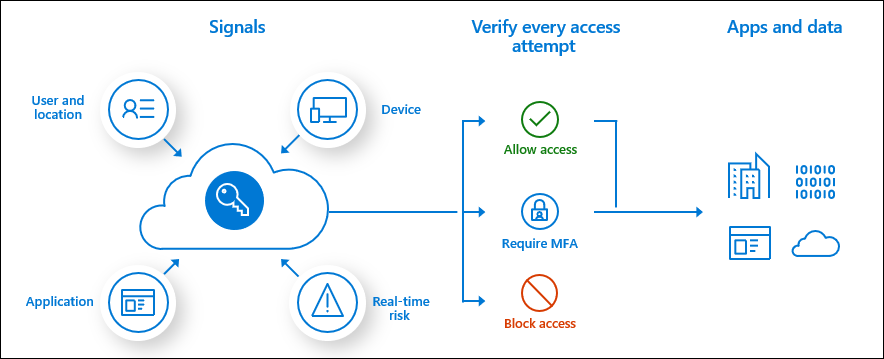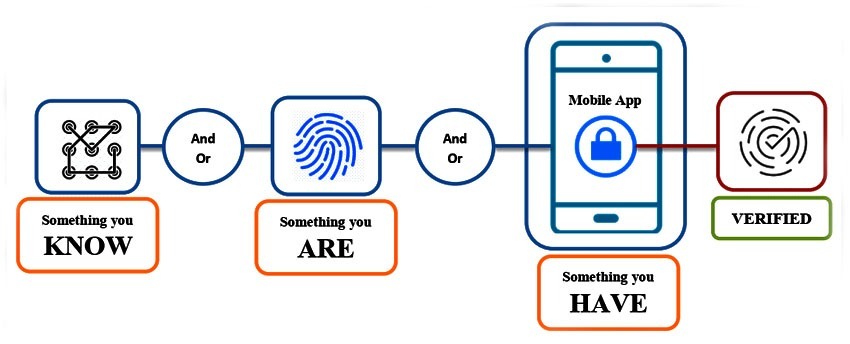Multi-Factor Authentication (MFA) is a security process that requires users to provide at least two verification methods from different categories to authenticate their identity. MFA reduces the risk of unauthorized access, even if one authentication factor is compromised.

Azure Active Directory (Azure AD) provides an easy-to-use solution for implementing MFA. You can choose from various authentication methods, including:
- Something you know (password)
- Something you have (security code from Microsoft Authenticator app, SMS or voice call)
- Something you are (biometrics)

Let’s make a demo to implement MFA in Azure AD with Terraform, use the Azure AD provider and enable the service_principal resource’s MFA feature.
provider "azurerm" {
features {}
}
resource "azuread_service_principal" "example" {
application_id = azuread_application.example.application_id
app_role_assignment_required = false
owners = [data.azuread_client_config.current.object_id]
}
resource "azurerm_mfa_setting" "example" {
service_principal_id = azuread_service_principal.example.id
mfa_methods = ["microsoft_authenticator", "sms"]
}This example creates a service that nables the Microsoft Authenticator app and SMS as the MFA methods.
Deploying MFA in Azure using Terraform involves these steps:
- Install Terraform: Install the latest version of Terraform on your machine.
- Configure Azure AD Provider: Setup Azure AD provider in Terraform, which involves specifying your Azure subscription ID, client ID, client secret, and tenant ID.
- Write Terraform Code: Write the Terraform code to create your Azure resources and enable MFA, as shown in the code example.
- Apply the Terraform Code: Run
terraform initto initialize your Terraform configuration, thenterraform planto preview the changes, and finallyterraform applyto create the resources and enable MFA.
In this blog post, we implemented Multi-Factor Authentication using Azure and Terraform as a significant step towards enhancing your data security.
GDS’s team can create a secure infrastructure for your needs. Let’s talk about how we can help you with your specific needs.
Contact us for more information or visit our blog.

